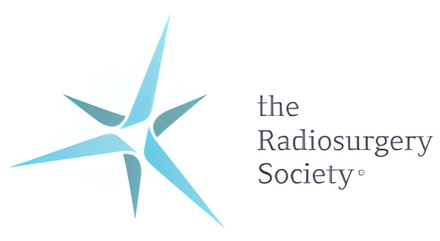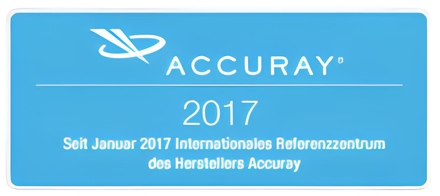Overview
Size
Small
Clinic type
Specialized
Type of care
Inpatient, Outpatient
Age group
Kids, Adults
4.9 on Google
The data collected based on 56 patient reviews on Google
Certificates
Features & Facts
About the clinic
Primary focus
Departments & Doctors
Gallery

What will a modern, efficient healthcare system look like in 2040?
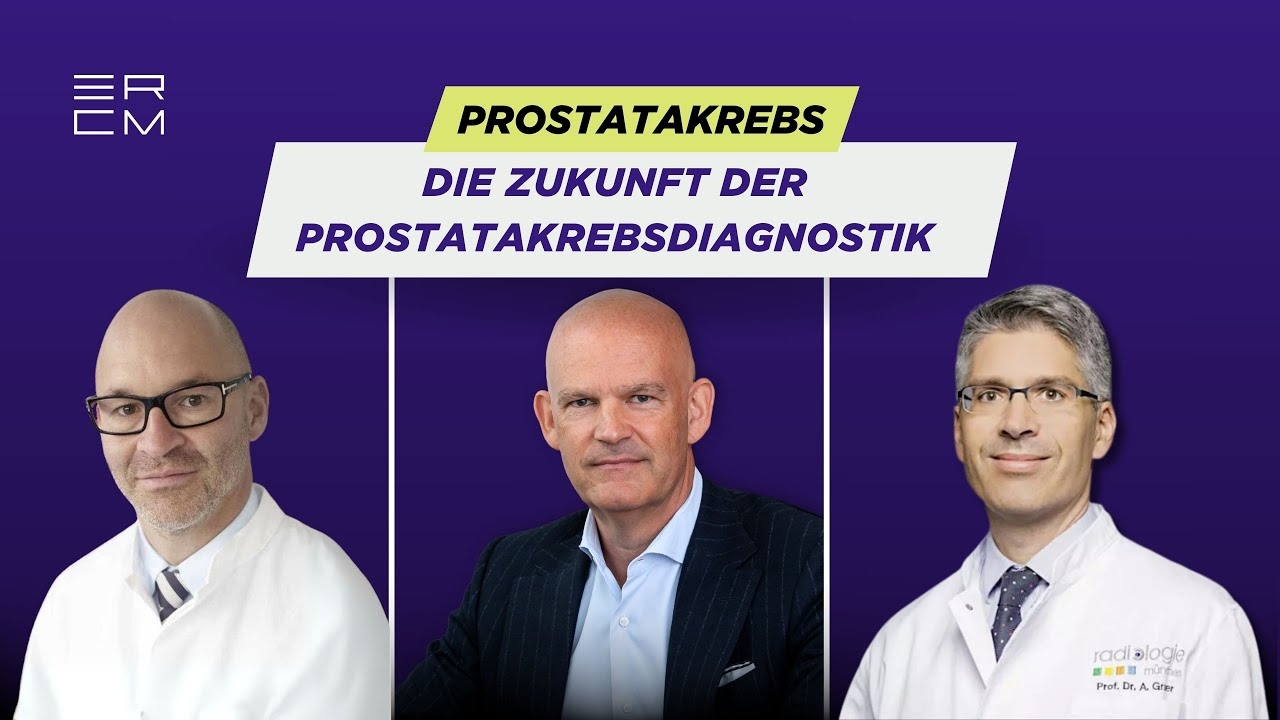
How do you precisely identify prostate cancer today — and avoid unnecessary biopsies and overtherapy?
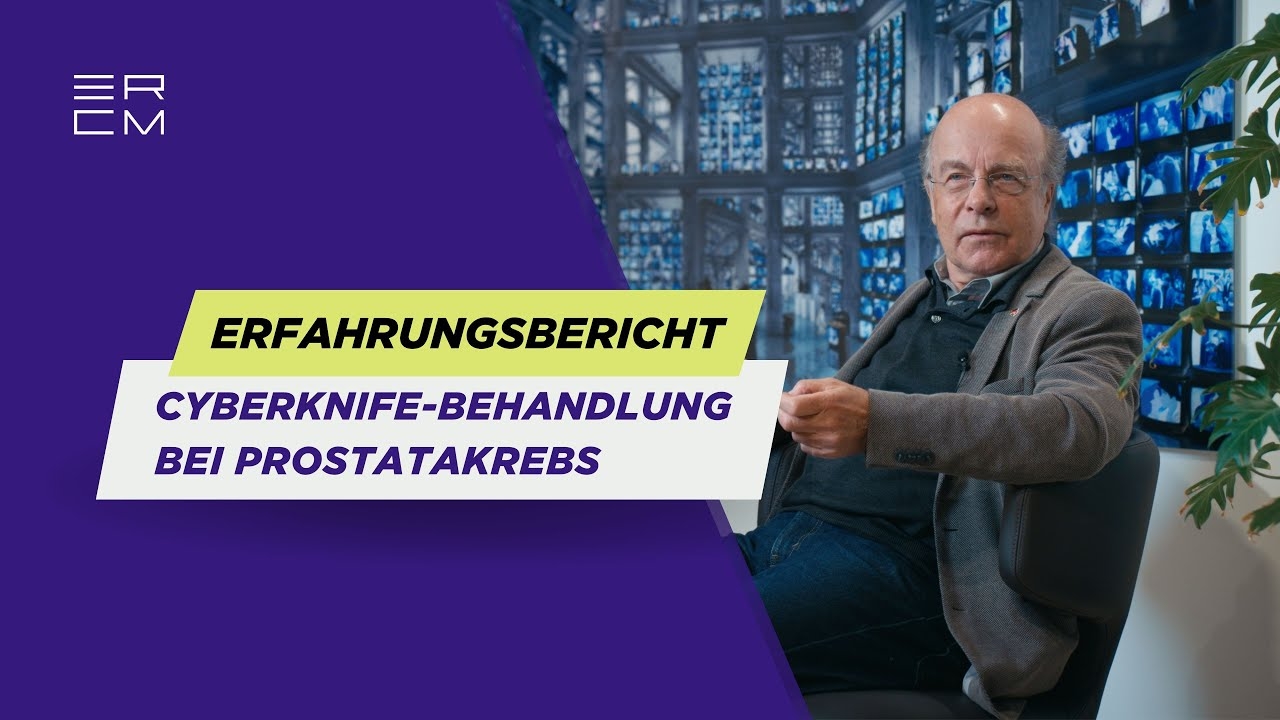
Experience report: CyberKnife treatment for prostate cancer
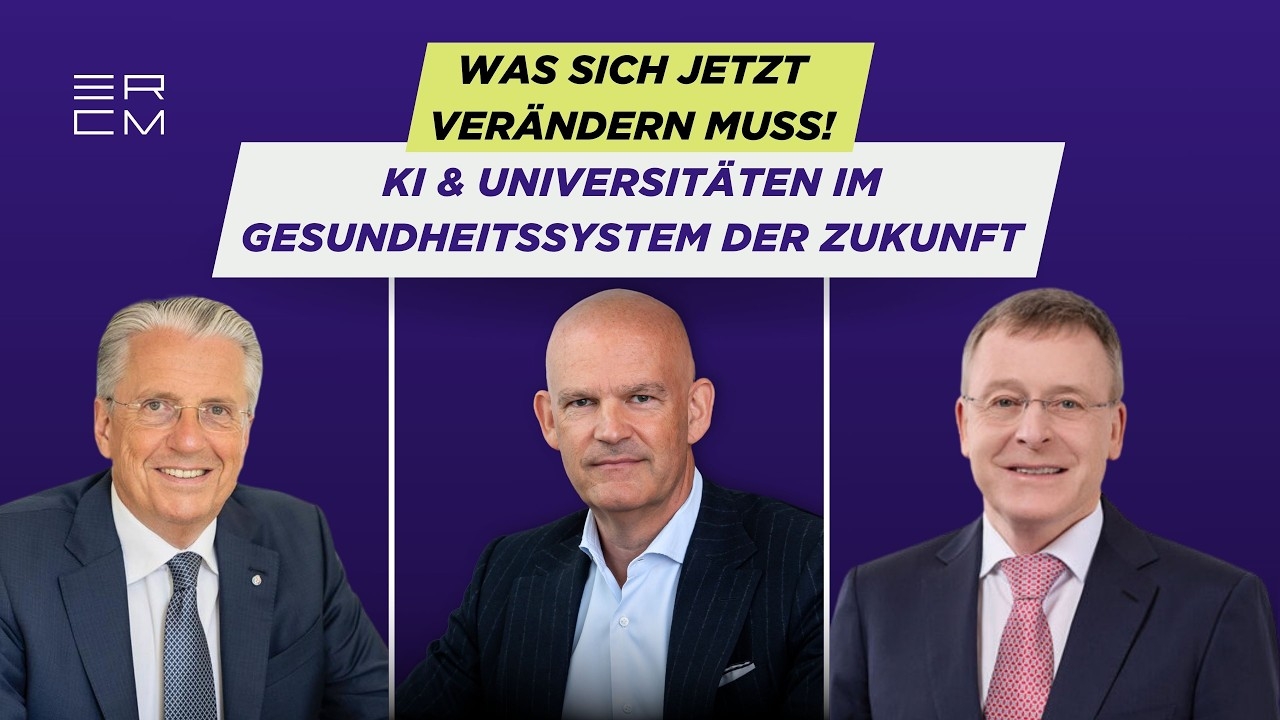
AI & universities in the healthcare system of the future — What needs to change now!
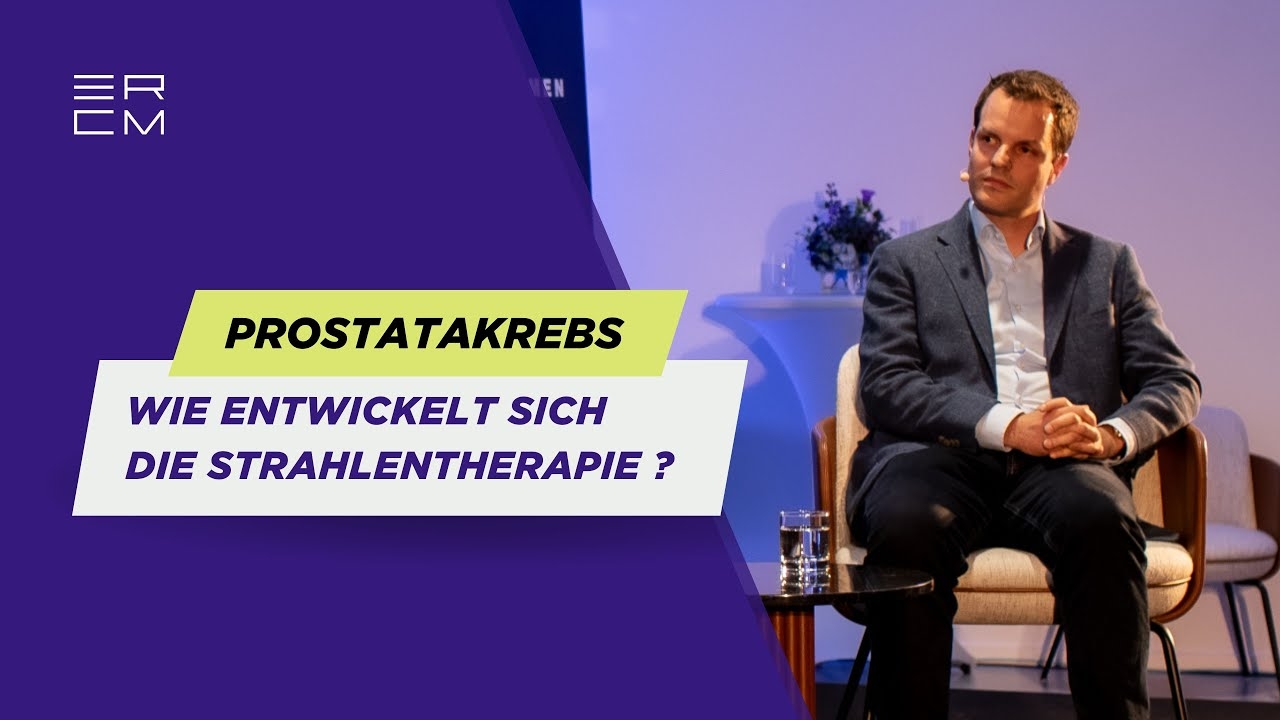
How does radiotherapy develop in prostate cancer?

Prostate cancer: When immediate treatment yes — and when no?
Extra services
Location
Max-Lebsche-Platz 31, 81377 München, Germany
FAQ
In what diseases can Cyberknife be effective?
In general, tumors in all body parts can be treated with CyberKnife. However, the latest medical technology enables treatment of even irregularly shaped tumors in critical brain regions, such as the optic or auditory nerve, without damaging these sensitive areas.
Can I have ZAP-X therapy at the European Radiosurgery Centre in Munich?
ZAP-X is one of the therapy options at the European Radiosurgery Center Munich and is an outpatient alternative or addition to classical surgery or conventional radiation. ZAP-X can target submillimeter tumors such as acoustic neuromas, meningiomas, or brain metastases.
What does the Cyberknife radiosurgery course include?
The course of treatment includes the initial interview, imaging, treatment planning, actual precision irradiation, and scheduled follow-up visits. The innovative CyberKnife technology enables outpatient treatment of the tumor, making it more comfortable for patients.
Get individual treatment plan and cost estimate. Non-binding 100% free assessment.
© European Radiosurgery Centre Munich




